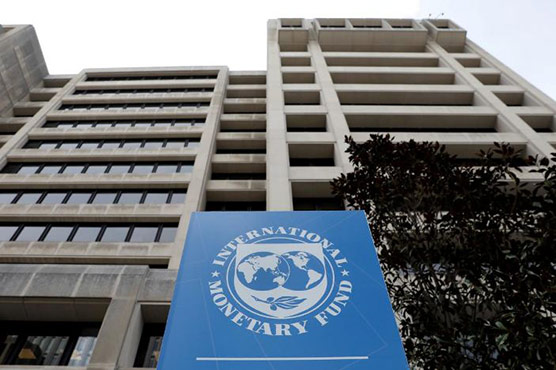Global economy 'far' from recession, IMF official says

Negotiators for the United States and China are due to meet in Washington next week.
WASHINGTON (Reuters) - Trade tensions are weighing on growth across the world, but the International Monetary Fund is “far” from forecasting a global recession, an IMF official told Reuters on Friday, as the fund prepares to release a new economic outlook next month.
The IMF on Thursday said tariffs imposed or threatened by the United States and China could shave 0.8% off global economic output in 2020 and trigger losses in future years.
“The trade tensions are weighing on growth. But we really don’t see recession in the current baseline. I think we’re far from that,” said the IMF official, who is familiar with the preparation of the outlook.
“While manufacturing activity has been weak, we also see resilience in the services sector and consumer confidence is holding up. The question is how long that resilience can last, and we are monitoring carefully all indicators,” said the official, who was not authorized to speak publicly.
The fund issues an economic outlook twice a year to coincide with its spring and fall meetings, forecasting global gross domestic product for the current year and the following year.
Negotiators for the United States and China are due to meet in Washington next week to prepare for minister-level talks aimed at defusing a bruising trade war that has roiled financial markets and sparked concerns about a global recession.
Tensions eased somewhat this week after a series of goodwill gestures by Beijing and Washington. Friday’s release of a report showing a greater-than-expected increase in U.S. retail sales in August could also further allay market concerns about a recession.
IMF spokesman Gerry Rice told reporters on Thursday the trade war, now in its second year, was taking a toll on the global economy, eroding business confidence, investment and trade, but gave no details on the upcoming forecast.
Economists polled by Bankrate see a 41% chance the U.S. economy will slip into recession by the time of the November 2020 presidential election.

